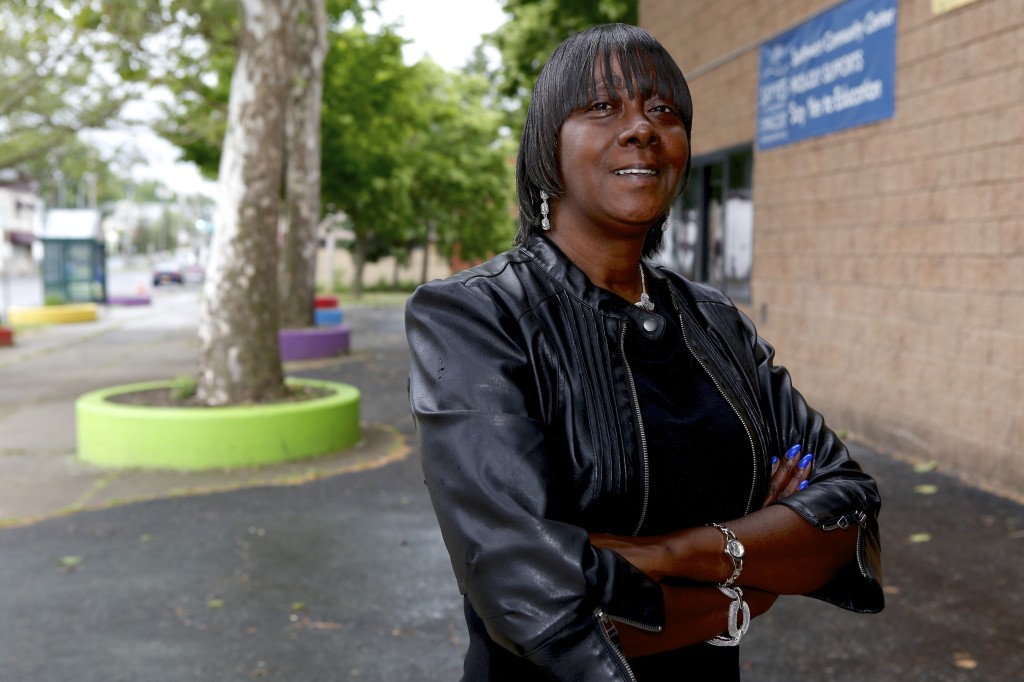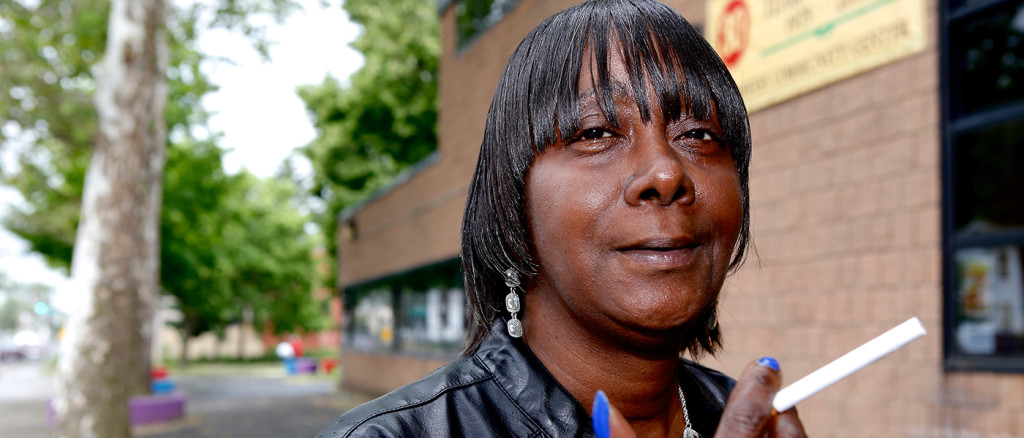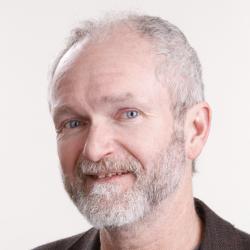If you’ve never known that craving, this story might make no sense to you.
If you do know what it’s like to itch for a cigarette so badly that you can barely hear or see anything else around you, then you might know what Helen Hudson is talking about. You don’t have to agree with her – in fact, she doesn’t seek to defend her own habit – but maybe those who feel superior to smokers could gain a bit of insight by hearing her story.
Hudson was one of two members of Syracuse’s Common Council to vote against the ordinance passed June 9 that, come October, will ban smoking in city parks and at festivals held on city properties. It makes it an offense to light up in the park or drop a butt on the ground.
Supporters call it an advance for public health. Hudson sees it as an insult, a nuisance, and a poor use of resources. She voted no, she says, as a matter of integrity.
“I voted against it because I’m a smoker,” says Hudson, the council majority leader. “I would have been the biggest hypocrite if I voted for it.”
Hudson agrees with the intent of the law: to keep second-hand smoke out of the lungs of others, especially children.
“You need to be a responsible smoker,” she says. “Most cigarette smokers are not morons.”
She contends that, like most of her smoking friends, she doesn’t smoke near kids, and she doesn’t throw butts on the ground.
“It’s common sense. I understand the underlying issues. But what they’re trying to do is to change behavior. You can’t enforce it. The police have a hard time responding to serious issues. I have a hard time picturing a police officer enforcing it,” says Hudson, 54, who smokes half a pack of Newport Lights a day.
She agrees that we need to take steps to keep the habit from being passed down to the next generation.
“I have a 33-year-old son, and when I first saw him put a cigarette in his mouth, it drove me nuts.” Her son, she adds, doesn’t smoke any more. “I think the numbers of young people who smoke is dwindling. A lot of them, I hear them saying it’s disgusting.”
She hopes to work with the city before the ban goes into effect to find a compromise – maybe designated smoking areas – in the parks and at festivals.
“If there’s a festival and I can’t smoke,” she notes, “I won’t go to that festival.”

Michael Davis Photo | Syracuse New Times
For now, smoking is too much a part of her life. “Different things make different people smoke. My thing is stress. When I have a lot to do, that’s when I reach for a cigarette. It’s my thing.”
She knows that the science and the research, and the votes, are on the side of the anti-smoking forces. She doesn’t quibble with their facts; it’s almost like she’s saying that she’s got bigger fish to fry. Even if she knows it would be better for her broiled.
Big Heart, But Stressful
Usually, when Helen Hudson is seen lighting up on a city street, it’s not a cigarette, but a candle. One of the major stressors she talks about concerns her advocacy on behalf of Mothers Against Gun Violence, which she helped found. For more than a decade, she has held candlelight vigils on the street and led support groups for families who have had their kids gunned down.
Syracuse has had, on average, more than one gun murder every month since the turn of the century. At that rate, Hudson and her group have not found any shortage of work to do.
She works by day as a liaison between the AFL-CIO and the United Way. At night, she all too frequently finds herself on city streets, comforting family members of victims of gun violence.
In a 2008 video (see it at vimeo.com/21788149), Hudson says that she doesn’t expect the vigils alone to stop the violence. Rather, they are a way to let the families know that they are not alone in their grief, and to say to the community that such crimes won’t be accepted. She doesn’t have the answer, but she can’t keep from posing the question. That stress, she notes, at times leads her to reach for a smoke.
So if a murder takes place in a park, a vigil is held, and she lights up a Newport?
Hard to imagine a police officer writing that ticket.
Nobody Likes a Quitter
More than 20 years ago, I finally stubbed out my last cigarette, ending a habit that had me at times smoking three packs a day, rationalizing my addiction by enumerating the stresses of daily life and, like Hudson, saying I had higher priorities than quitting. It was looking at my children that motivated me to stop, but it was a changed mindset that made this attempt work when others had failed. I didn’t quit. I just suspended smoking until my 85th birthday. Then, I’ll revisit the issue. I just tell myself I didn’t quit; I’m just holding off til then. Somehow, it fools the beast.




